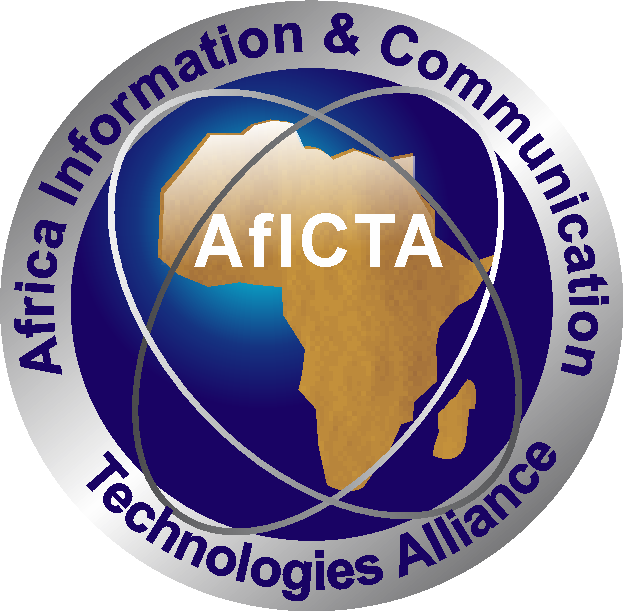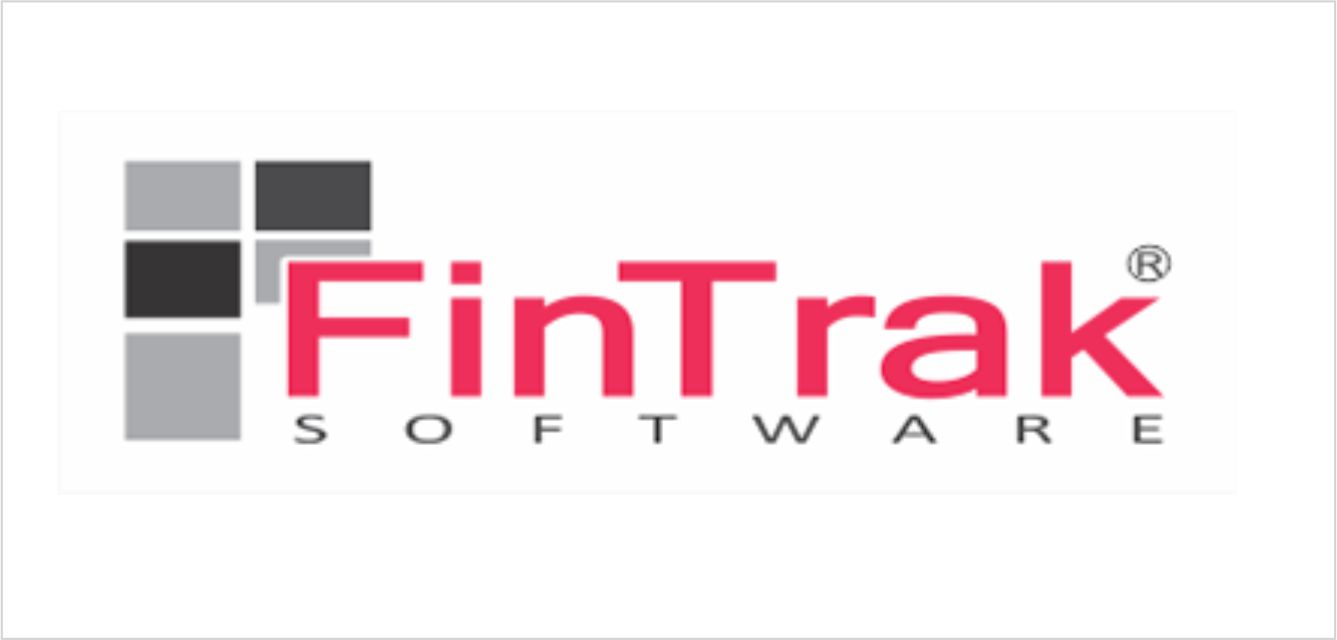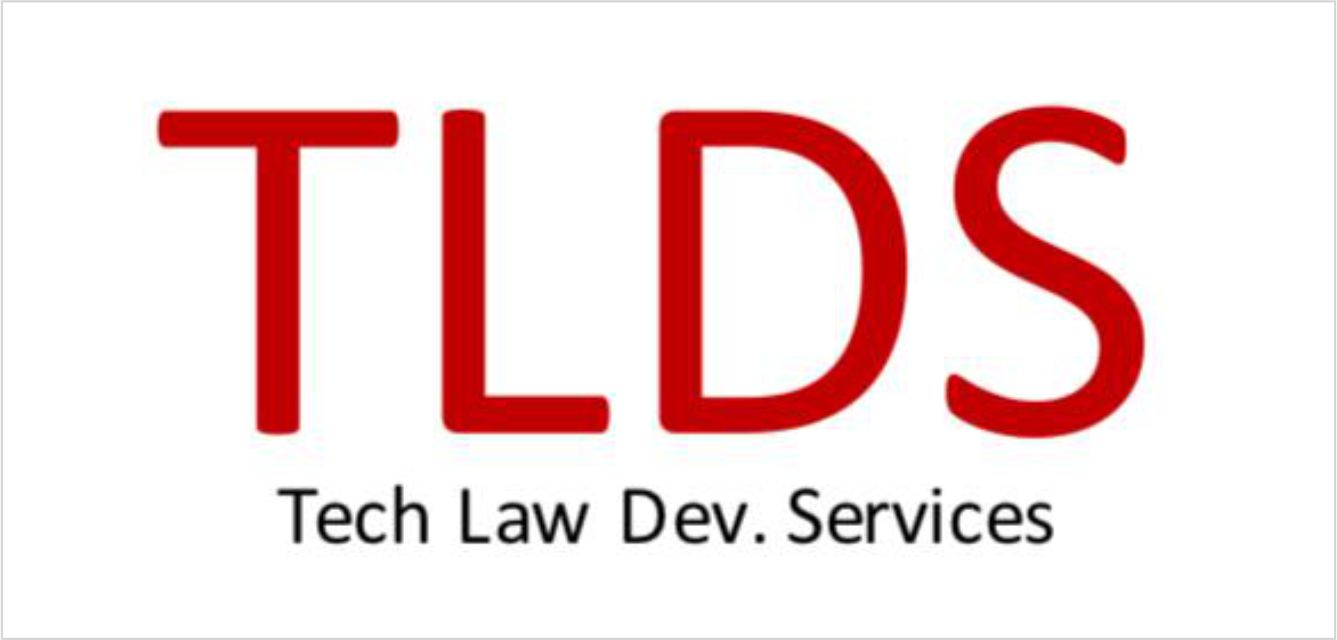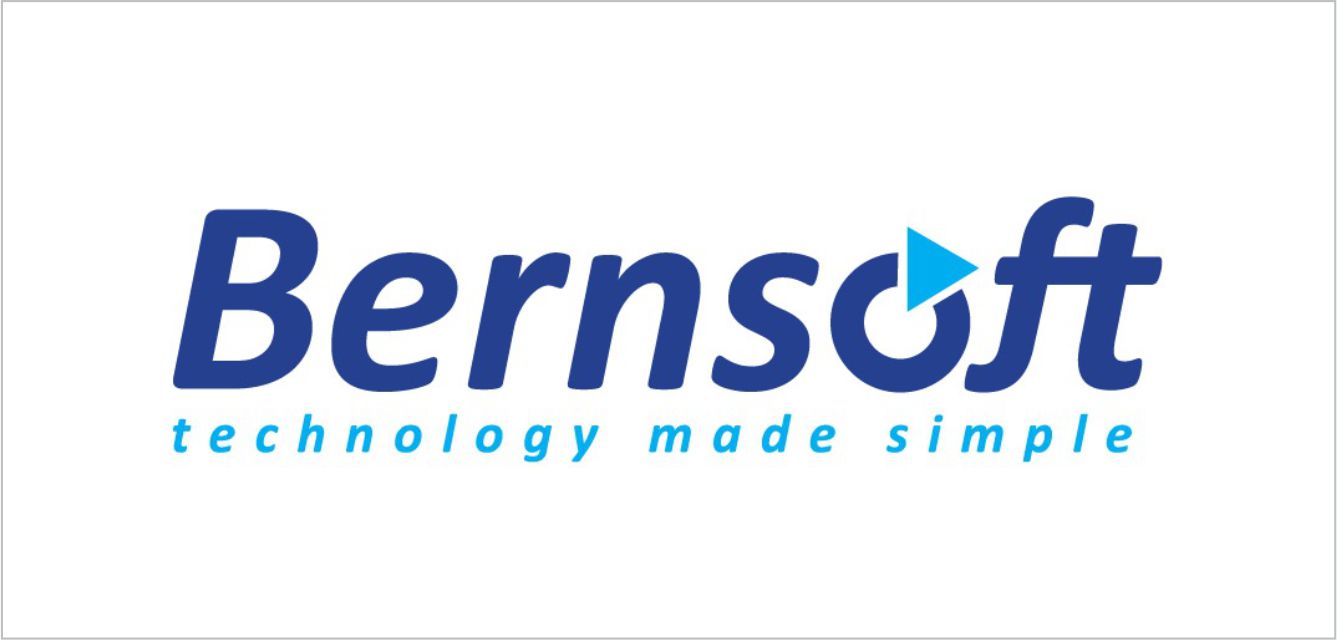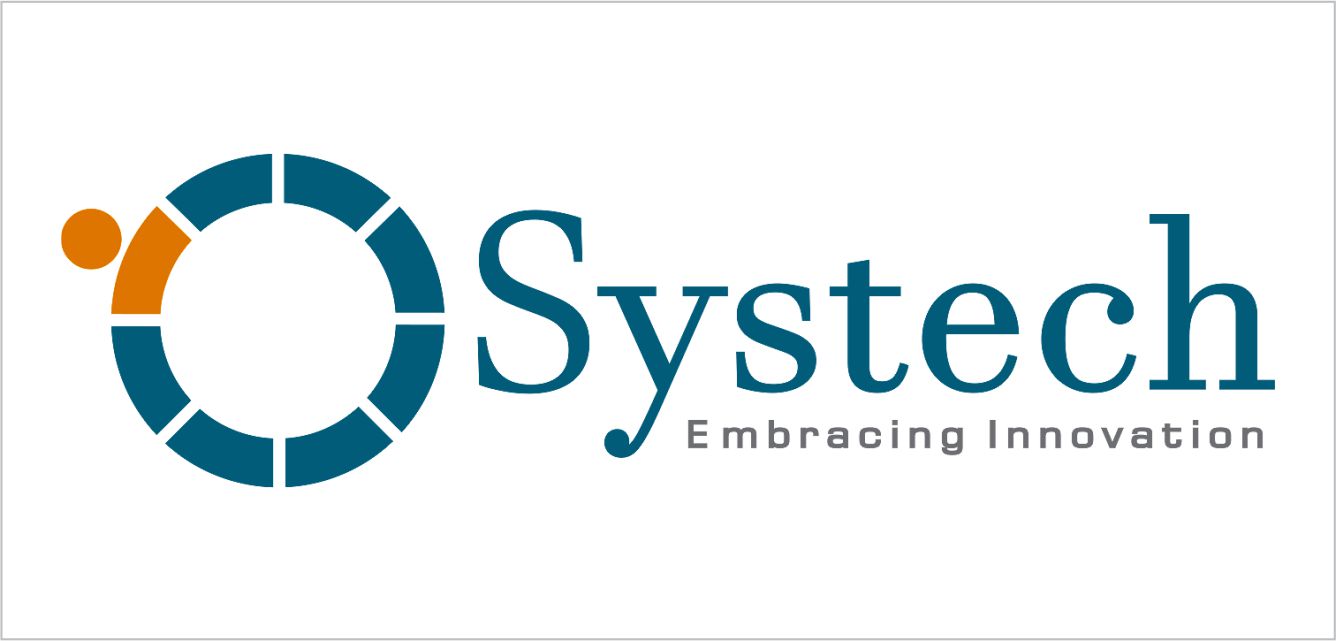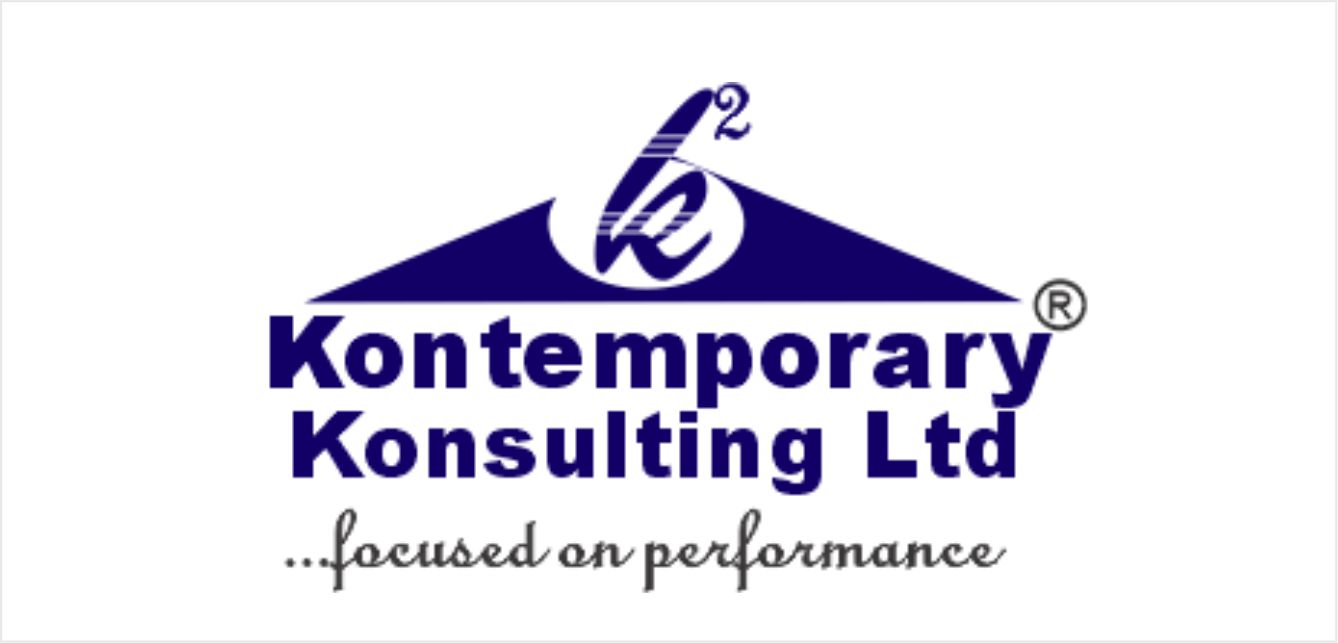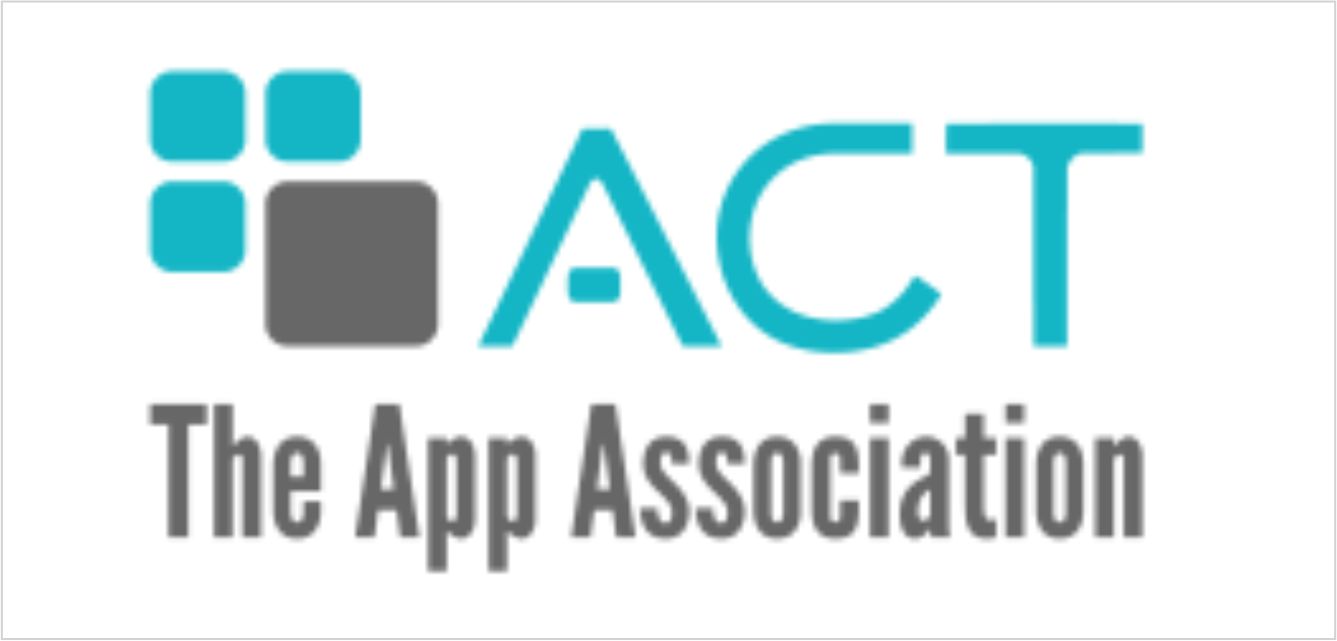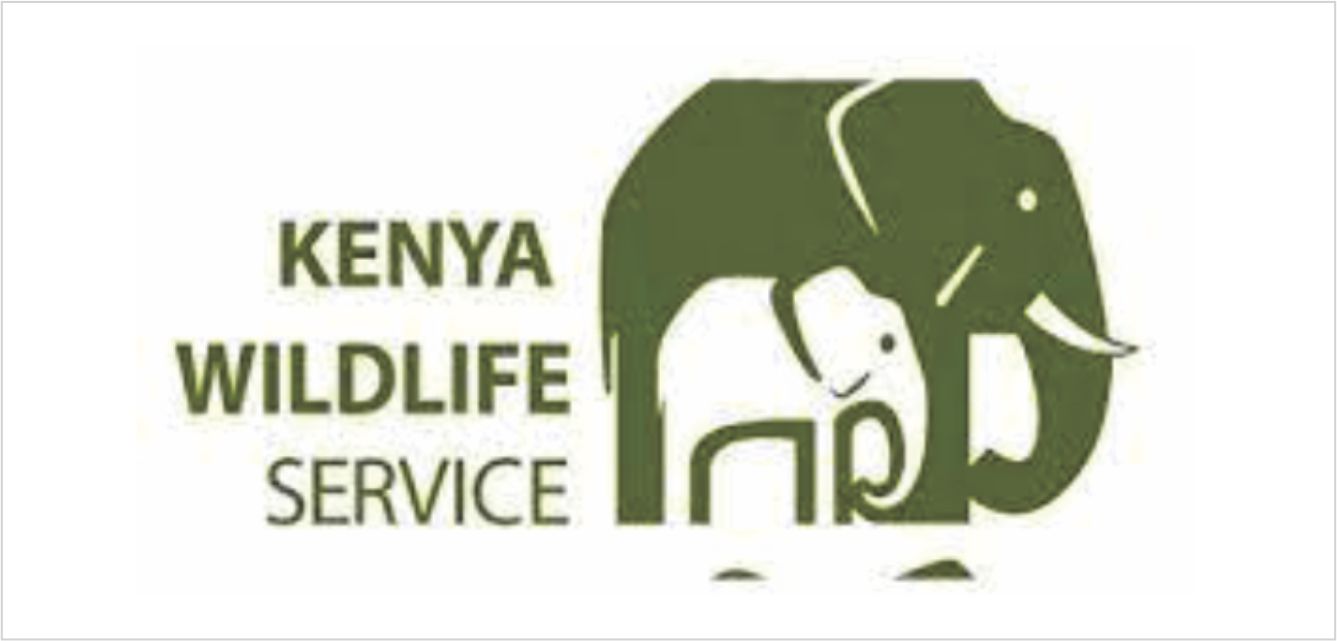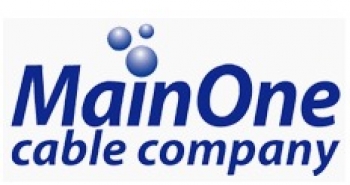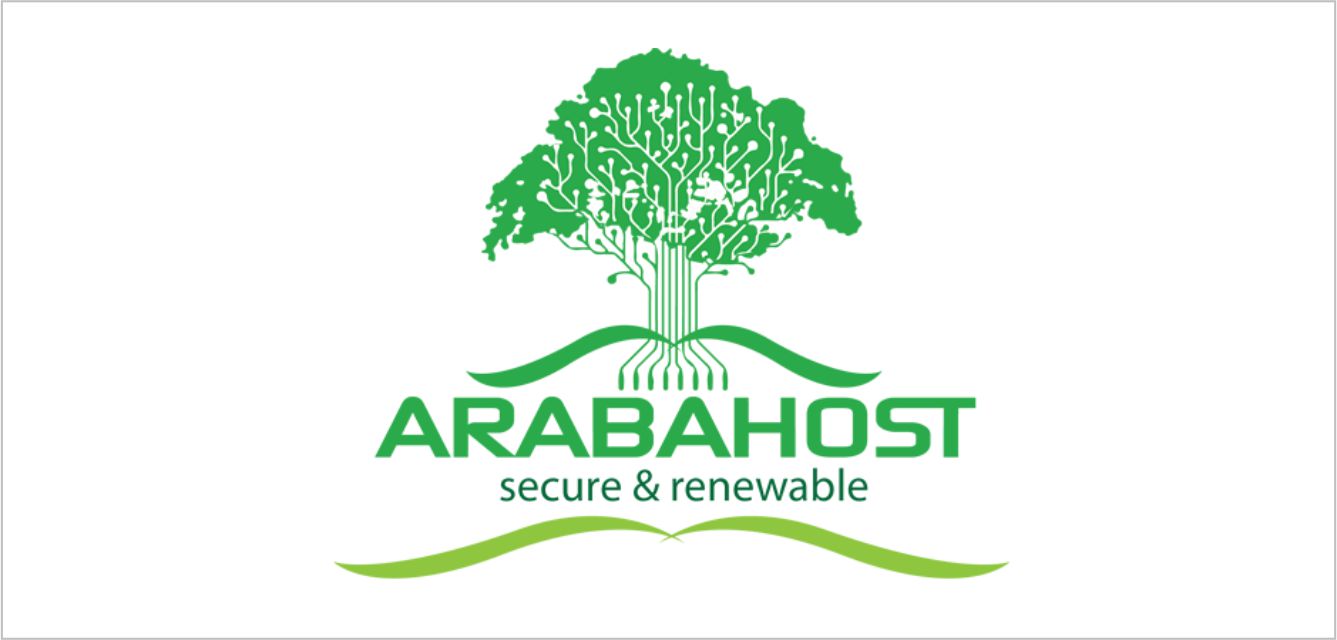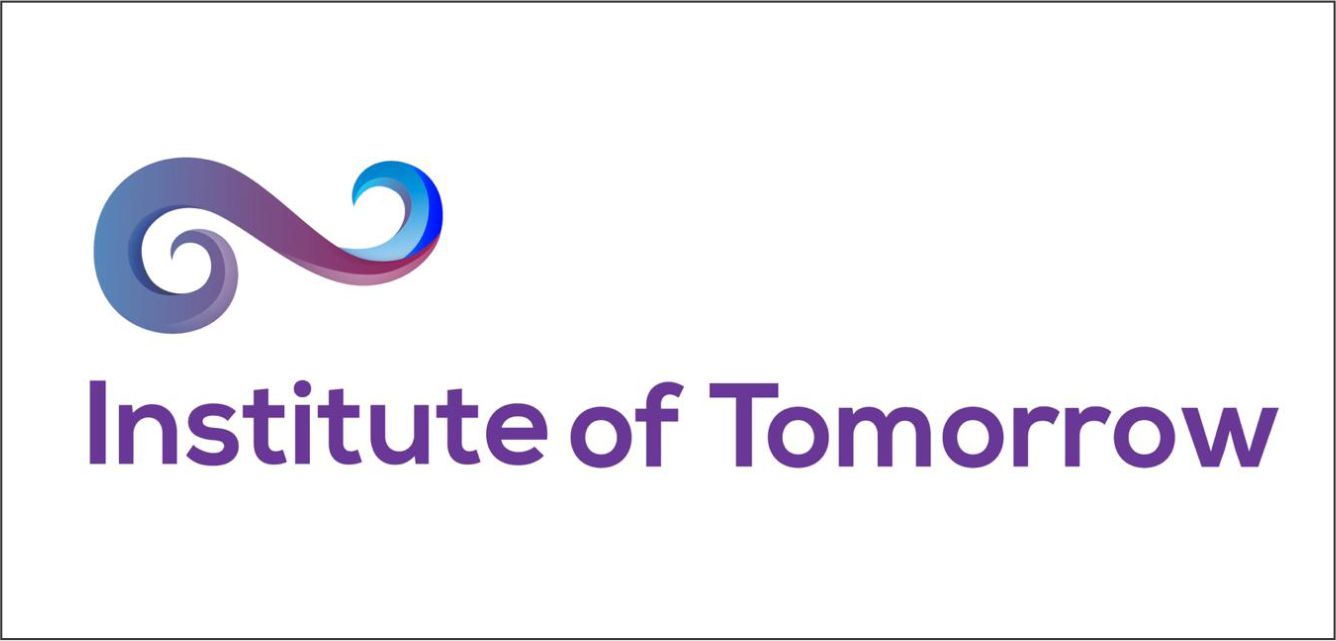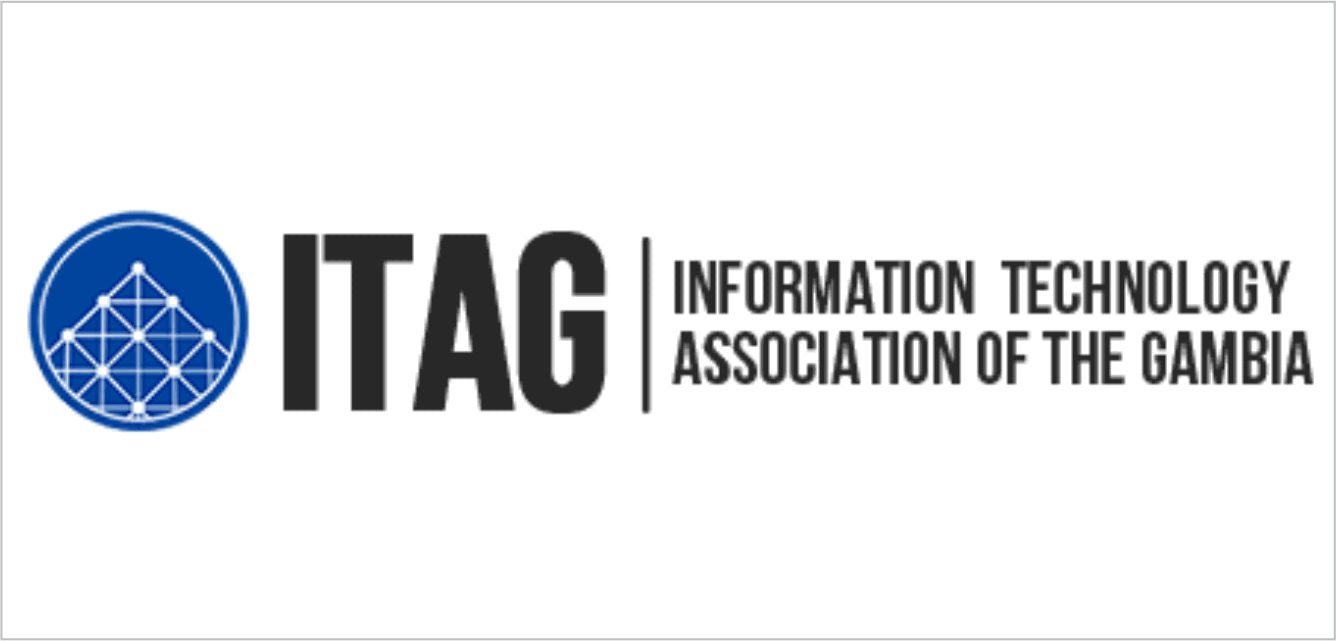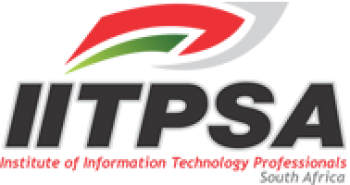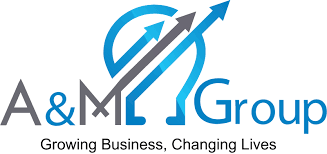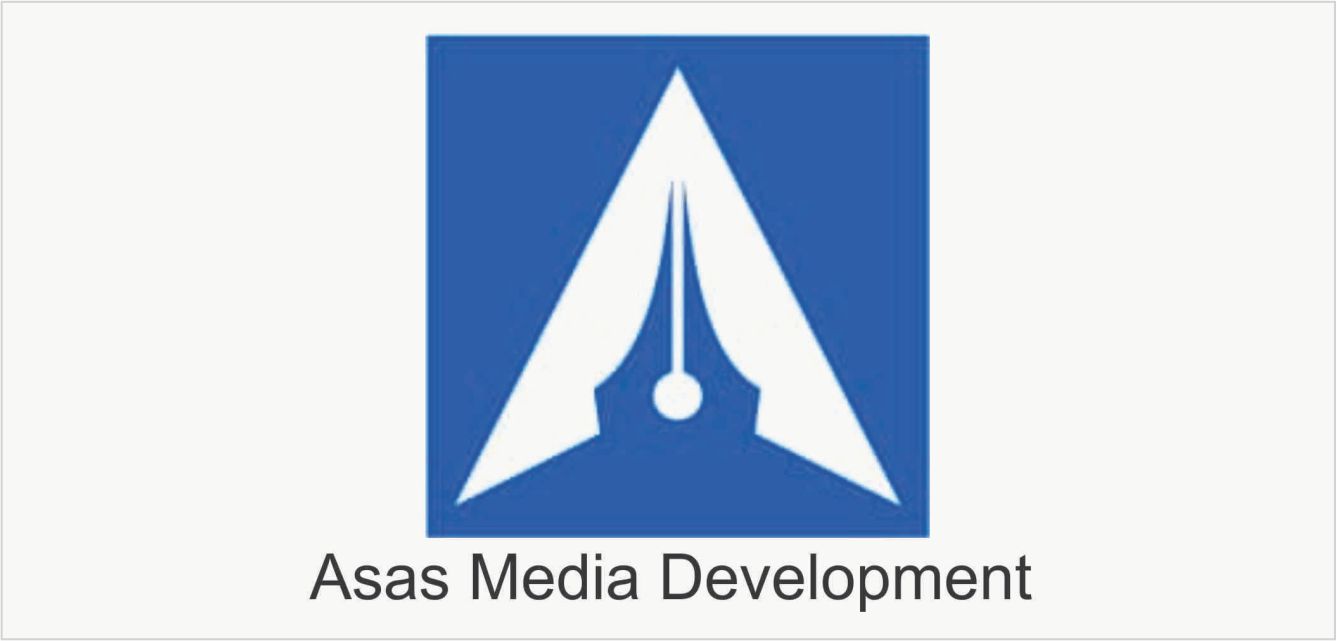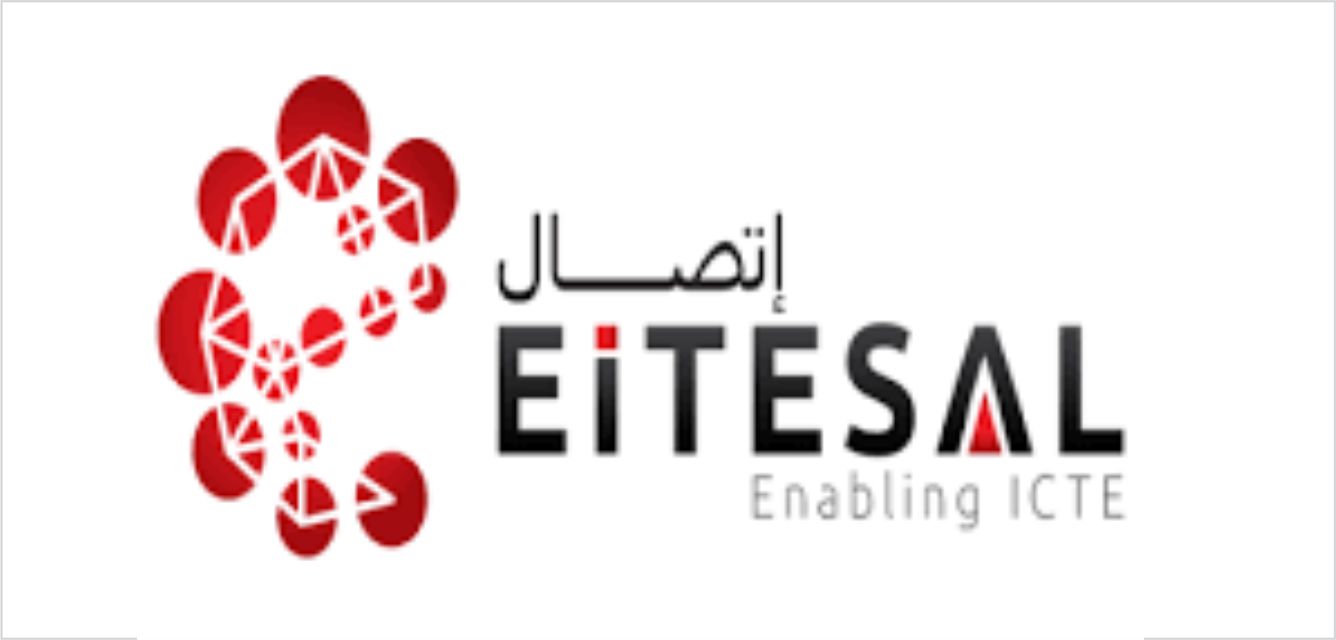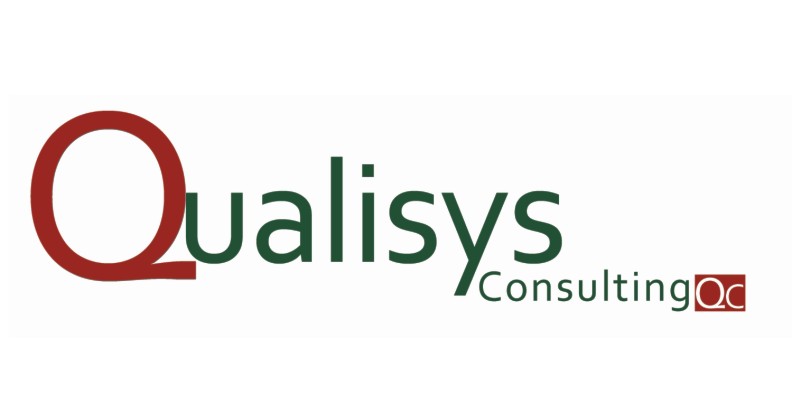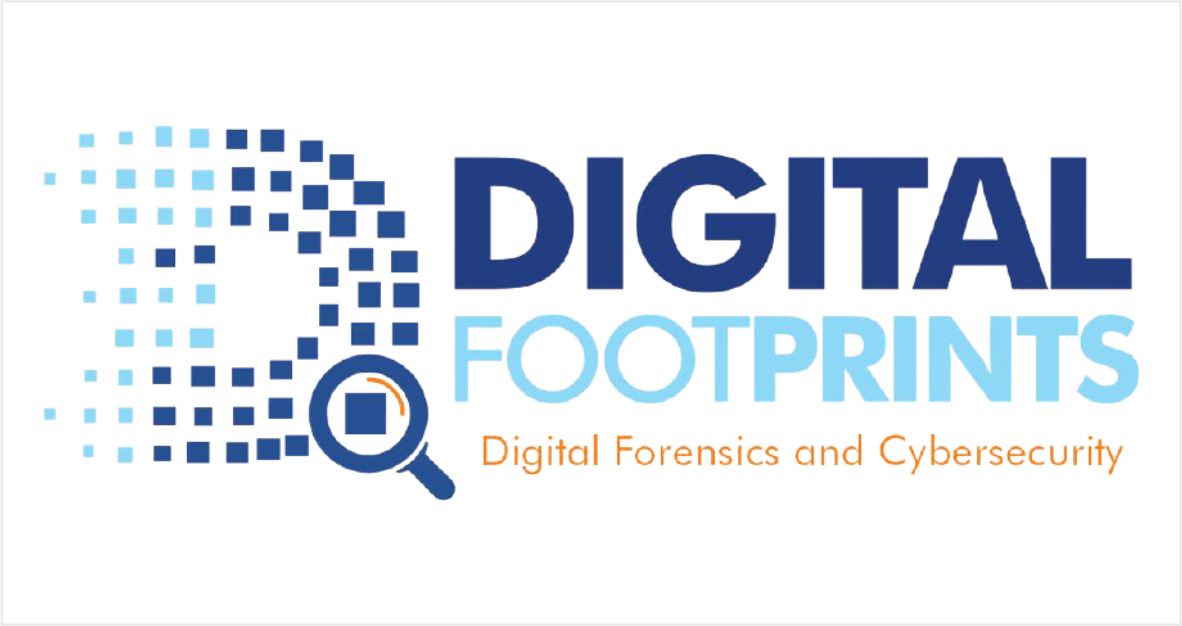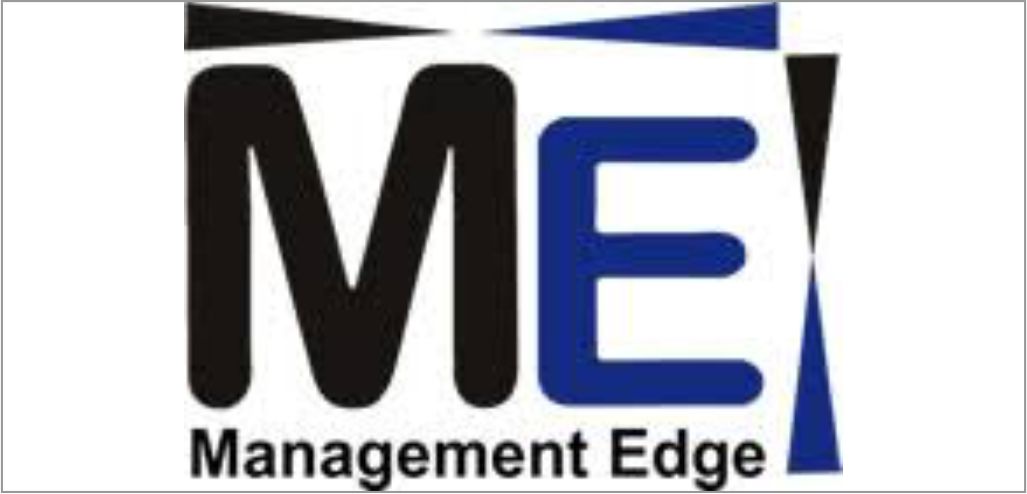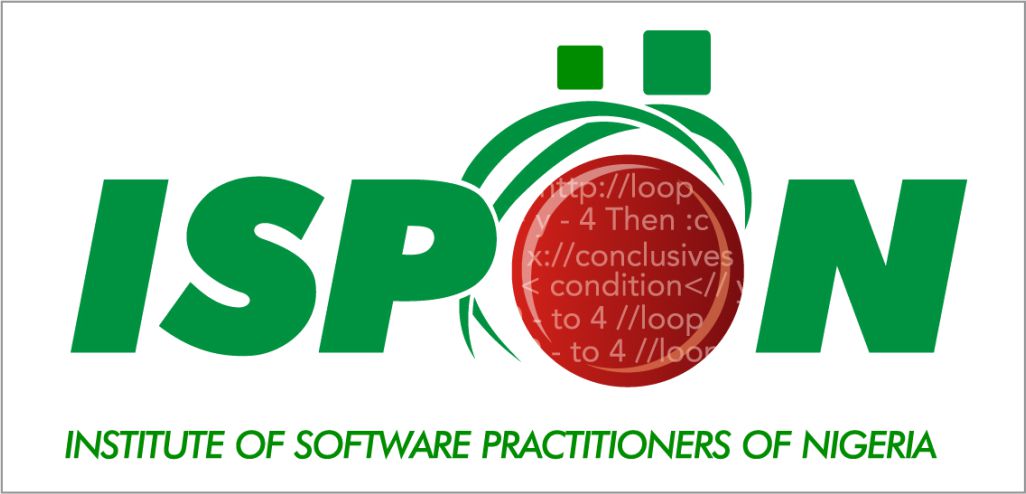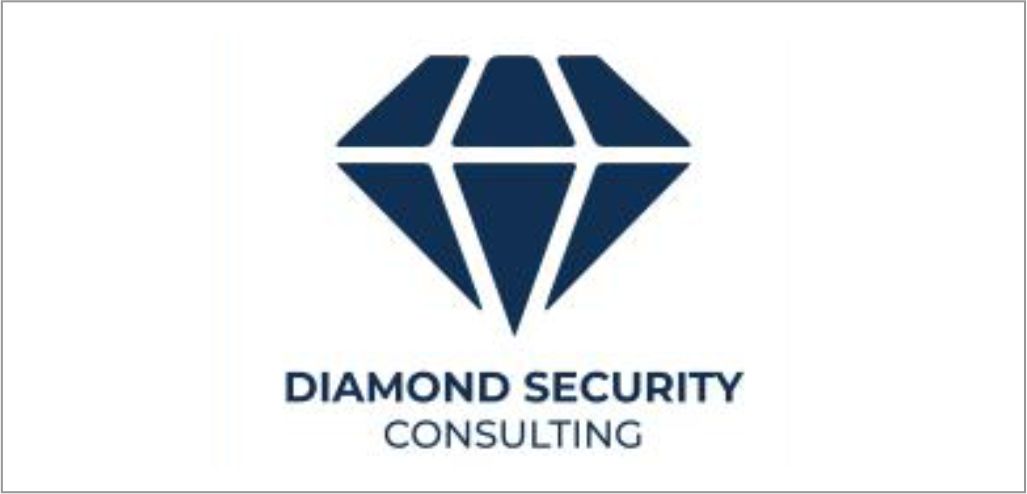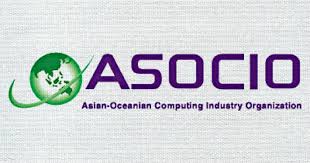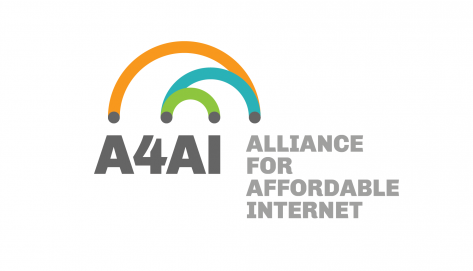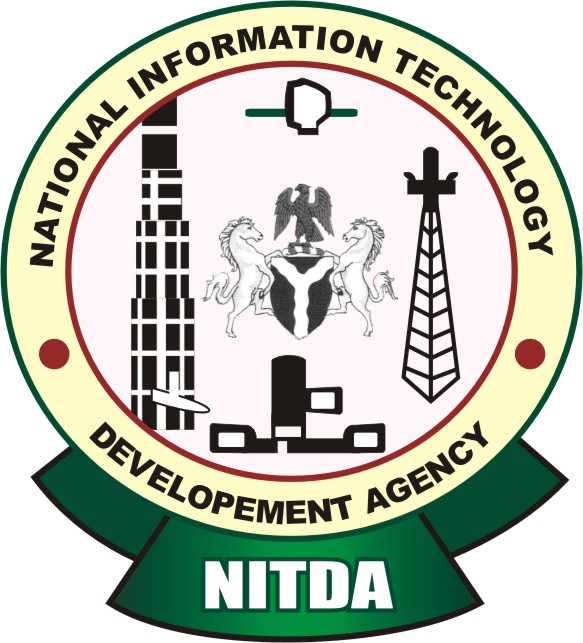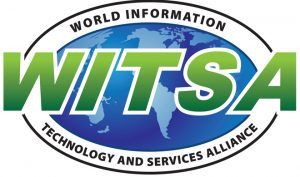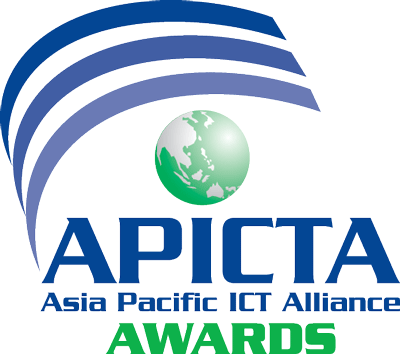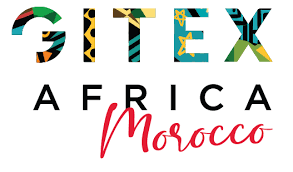 The Global Initiative on the Future of the Internet (GIFI), a project at the European University Institute in partnership with the European External Action Service and DG CONNECT at the European Commission, organized a session titled "GlobalDigitalCompact: What's next?" on Thursday, October 17, 2024. At the session, Oyeyemi Kayode, the Snr. Programme Officer, AfICTA - Africa ICT Alliance had the rare privilege to speak as the representative of the African Private Sector.
The Global Initiative on the Future of the Internet (GIFI), a project at the European University Institute in partnership with the European External Action Service and DG CONNECT at the European Commission, organized a session titled "GlobalDigitalCompact: What's next?" on Thursday, October 17, 2024. At the session, Oyeyemi Kayode, the Snr. Programme Officer, AfICTA - Africa ICT Alliance had the rare privilege to speak as the representative of the African Private Sector.
The session was moderated by Ms. Raquel Jorge Ricart, the Project Lead, GIFI, while a brief opening remark was delivered by Mr. David Ringrose, Head of Division, Connectivity and Digital Transition, European External Action Service. The presence of Mr. Filippo Pierozzi, Policy Officer, Office of the Secretary-General’s Envoy on Technology, United Nations, brightened the discussion as he provided brief background information about the GDC and talked about the opportunities derivable from the adopted framework and actions required towards its implementation.
Other co-Panelist at the event included Ms. Roxana Radu, Chair of the Global Internet Governance Academic, Network (GigaNet); Dr. Joanna Kulesza, Assistant Professor, University of Lodz; Dr. Chafic Chaya, Middle East Regional Manager for Public Policy and Government Affairs, RIPE; Mark Carvell, Independent Consultant on Internet Governance, EuroDIG.
Indeed, the Global Digital Compact (GDC) is set to reshape the digital landscape, emphasizing inclusivity, sustainability, and responsible governance in the digital era. It's amazing that from its draft to adoption, it followed a multi-stakeholder approach that ensured the consideration of diverse perspectives leading to more balanced, inclusive, and sustainable outcomes.
The framework provides a robust foundation for advancing connectivity, enhancing digital trust, promoting safety and digital rights, and fostering collaboration across sectors. It's a crucial step forward in ensuring digital transformation benefits everyone, especially in emerging economies like Nigeria and Africa.
The next step to the adoption of the GDC framework is implementation. Although the framework is not time-bound and not binding on any United Nations - UN Member States, it is expedient that the African continent with low realization of the Sustainable Development Goals - SDGs, handles the GDC with all sense of urgency to fast-track the realization of its Digital Agenda. The following were the recommendations provided for its swift realization.
- Focus on National Adaptation/Integration: Countries should consider integrating the GDC's recommendations into their national digital strategies. This may involve creating or updating policies to promote digital inclusion, improve digital literacy, and strengthen cybersecurity at the national level.
- Development of a Monitoring System: A framework for monitoring progress should be established to ensure accountability. The UN, in collaboration with relevant stakeholders, should set up mechanisms for tracking the impact of the Compact’s guidelines across countries and sectors by setting some KPIs - Key Performance Indicators.
- Improving Connectivity and Universal Access: is one of the major backbones of the GDC draft implementation. It ensures inclusive economic growth and equal opportunities for all to participate in the digital economy. Hence, it is recommended that relevant stakeholders with the strong support of the government should encourage infrastructural development by deploying the latest connectivity technologies (4G, 5G, etc) at affordable prices to the users, organizing digital literacy and skills programmes through public-private partnerships and work toward a fair regulatory framework.
- Capacity Development: Bridging the digital divide, Investment in digital skills, education, and infrastructure, particularly in developing regions, and ensuring that digital technologies are harnessed for sustainable development is crucial. AfICTA is already on several initiatives such as its Annual Summit and Quarterly eConferences with diverse topics including AI, Cybersecurity, data protection, and connectivity geared toward capacity development, policy advocacy, and awareness creation.
- Cybersecurity: The agenda highlighted the importance of addressing cybersecurity concerns, and ensuring the secure use of ICTs. When there is trust and safety, people would further adopt the application of digital solutions into their day-to-day activities which in turn would increase capacity, boost economy, and provide bigger opportunities for the people. IPv6 is the most recent version of the Internet Protocol (IP)that enhances cybersecurity and we recommend member nations switch from IPv4 as soon as possible to ensure safety online.
- Global & Regional Cooperation: Governments, civil society, the private sector, and other stakeholders involved must collaborate to implement the principles and commitments outlined in the Compact. Collaboration between countries, especially through regional bodies such as the African Union, AU; and the European Union, EU, can facilitate shared strategies. AfICTA can play a role in coordinating efforts across African nations.
- Funding and Investment: Financial support from international financial institutions like the World Bank, and development aid organizations along with investments from the private sector, will be crucial to developing infrastructure and expanding digital access.
- As part of the strategy to follow up with the GDC framework, there is a requirement to set up a GDC Office at the UN HQ in New York, AfICTA supports the initiative in as much as all stakeholders are carried along. Mr. Filippo clarified that the process would adopt the multi-stakeholder approach and ensure equity.
Exciting times ahead for digital innovation and global cooperation! A big thank you to AfICTA leadership, Dr. Jimson Olufuye, and Ms. Ulandi Exner for the rare opportunity.
